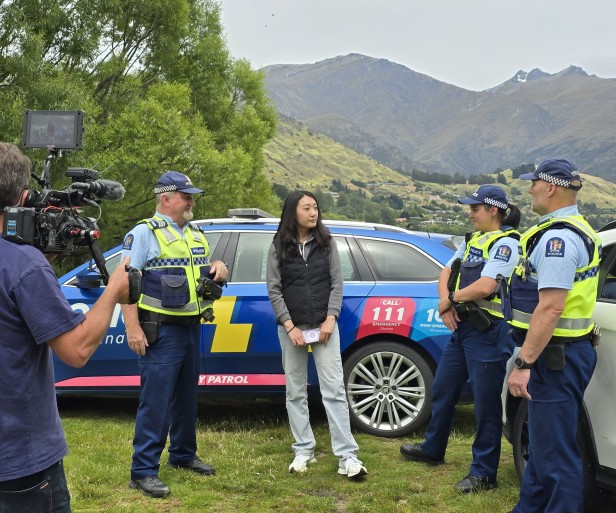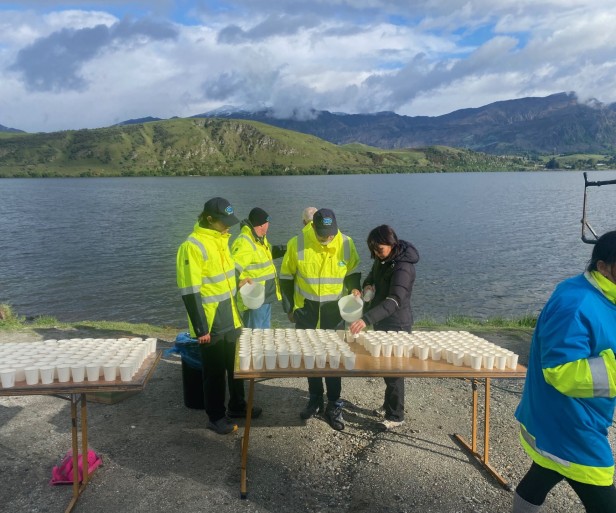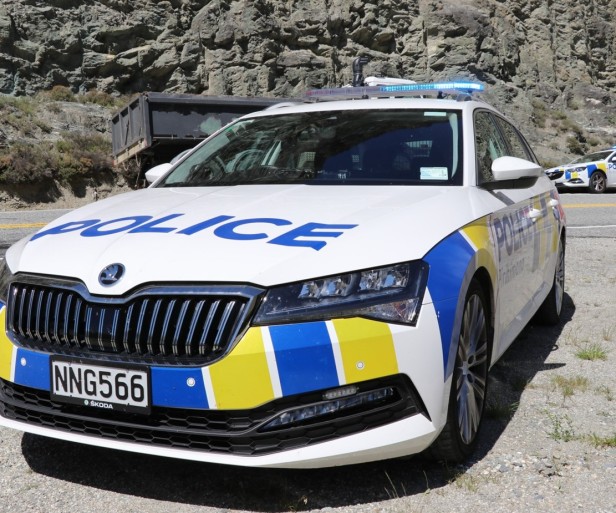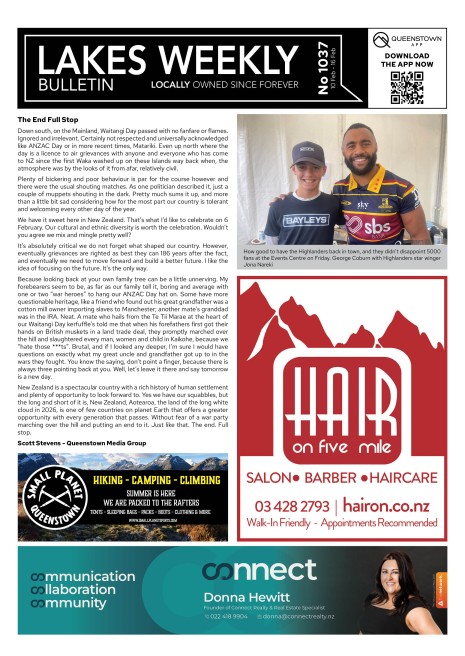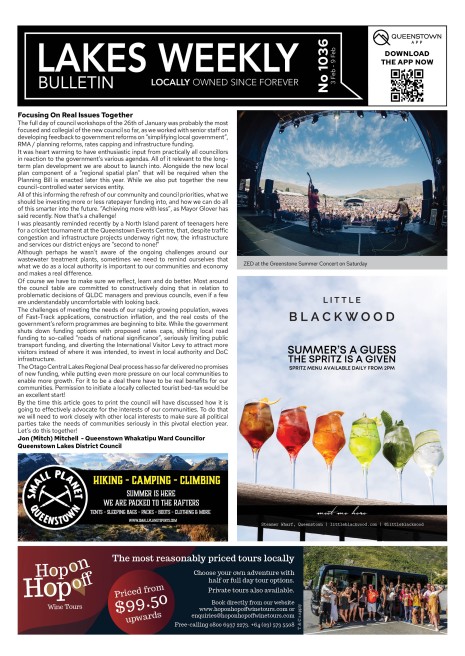Free bus trips for kids axed
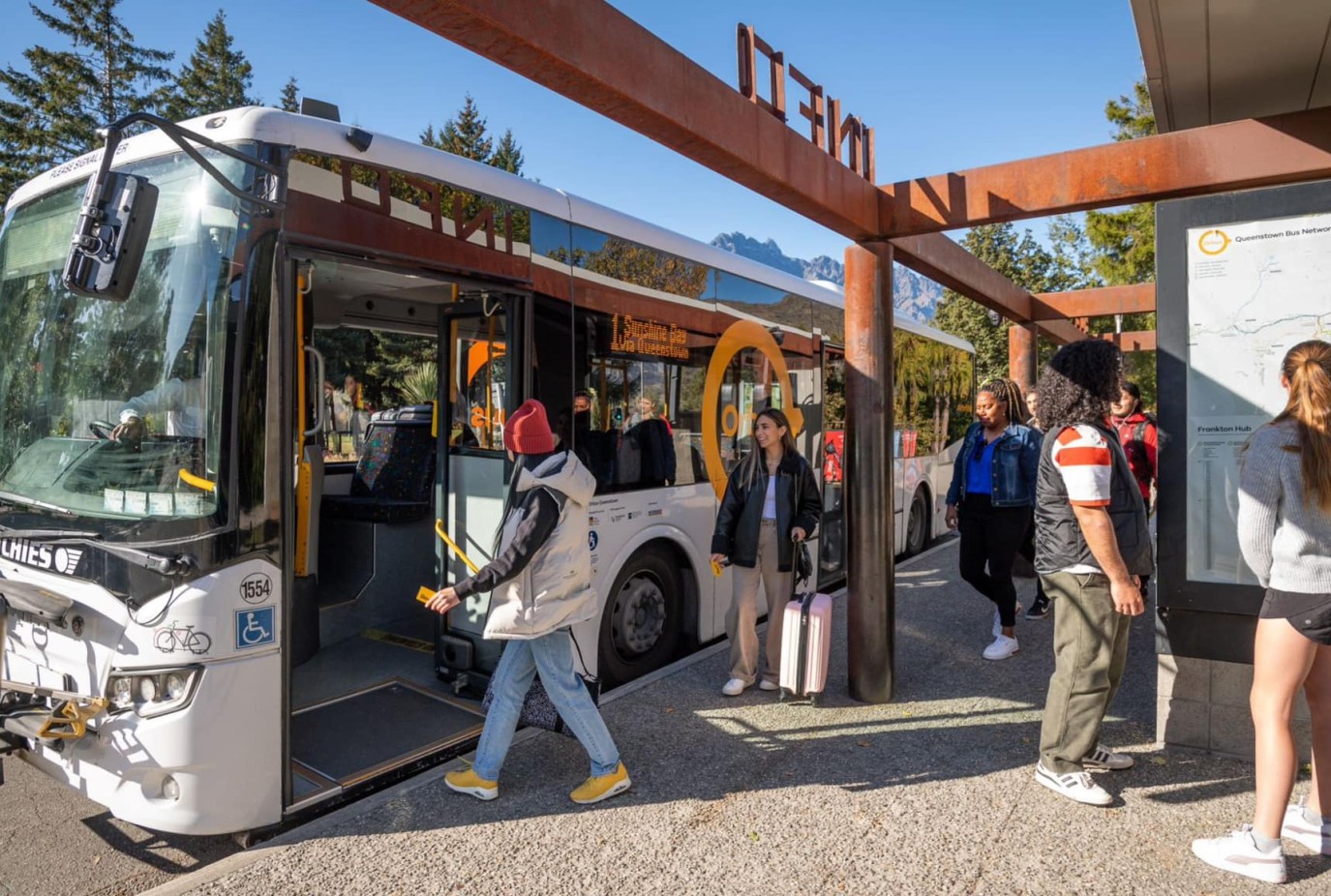
Bus fares for children will be reintroduced to Orbus from late September, while adults will pay slightly more.
Children, aged five to 18, will now pay a $1.50 fare per trip in both Queenstown and Dunedin. Adult fares will rise from $2 to $2.50 (with a Bee card)
Community feedback on the Regional Public Transport Plan showed 89% of submitters wanted Otago Regional Council, which runs the services, to retain free child fares.
But ORC councillors yesterday approved the raise, while also raising council rates by 5.5% overall for 2025-26 (see below).
Public and Active Transport Committee Co-Chair Andrew Noone says the bus fare raise was a difficult decision, knowing the impact it will have for people.
"We are balancing the requirements from central government to increase the proportion of public transport funding from things like fares, rather than rates or government funding, along with community expectations."
A business case to assess Wānaka public transport options will go ahead.
Councillors agreed to write to the Minister of Transport, Minister of Education and Associate Minister of Education to express concern about the unintended consequences of raising child fares to meet private share which could potentially affect school attendance rates.
"We will be outlining our disappointment that the policy we have to work within is not flexible enough or fit for purpose to consider local conditions, especially regarding child fares."
Council rates rise
Meanwhile, councillors adopted the Annual Plan 2025-26 which will see ORC rates increase 5.5% overall in the year ahead - a significant drop from the 13.8% originally forecast in the Long-Term Plan.
ORC Chairperson Gretchen Robertson says contributing to the less than forecast rates increase were cuts to some planned public transport upgrades, reprioritisation of environmental implementation funding, reduced inflation costs and work to gain efficiencies.
“Port Otago’s dividend has been increased $2 million which benefits all ratepayers, as it helps to offset costs that would otherwise need to be paid by rates," Robertson says.
“Also benefitting ratepayers, $2 million of Council reserves will be used to pay for the first year of a new environmental fund.
Alongside the council's core responsibilities, key changes in the year ahead include some targeted upgrades to public transport, increased environmental funding, and further work on natural hazards and engineering.
“A rates increase is still required to help fund this work. This includes the investment in climate change and biodiversity strategies, as well as rising costs in areas like insurance, depreciation, and property rentals.”
Robertson says improving bus services remains a priority. Queenstown will see upgrades with Government co-funding, but planned improvements for Dunedin did not receive funding, so current services will remain unchanged there.
Some regional upgrades will not happen due to co-funding gaps, but business case to assess Wanaka public transport options attracted strong public support and will go ahead.
The overall rates increase for 2025/26 is 5.5% but the rates impact for individual properties is different and can be influenced by a range of things including location and the services provided.
Less than half of ORC’s funding comes from rates — the rest is from fees and charges, grants, reserves, dividends from Port Otago, which were $2m this year, and investment income.



